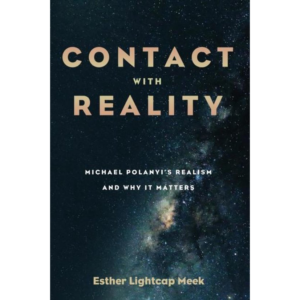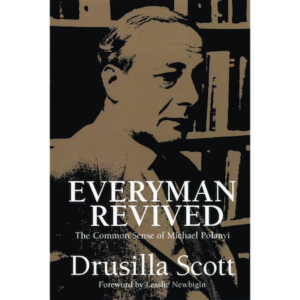
Excluding cranks and dabblers
Drusilla Scott on Michael Polanyi’s insistence that the “community of science” required authority
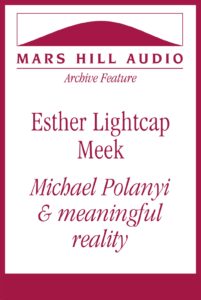
Making contact with reality
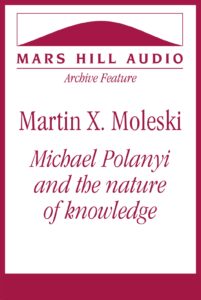
Knowing the world through the body
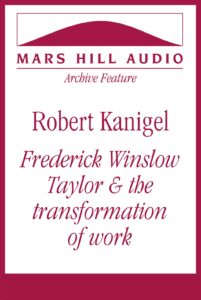
“The system will be first”
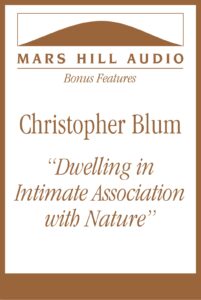
Nature’s intelligibility
In this lecture, Christopher Blum argues that scientists need to regain a full appreciation of nature’s intelligibility, as they are apt to lose sight of reality due to the reductionism produced by their theories. (31 minutes)
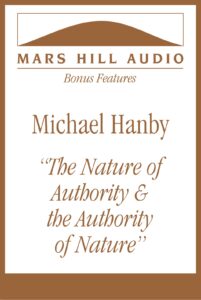
The recovery of true authority for societal flourishing
Michael Hanby addresses a confusion at the heart of our current cultural crisis: a conflation of the concepts of authority and power. (52 minutes)
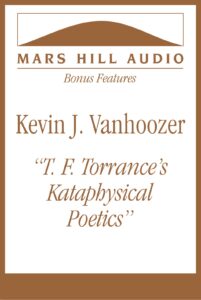
Theological realism
Kevin J. Vanhoozer discusses theologian T. F. Torrance’s understanding of the positive relation between science and theology. (52 minutes)
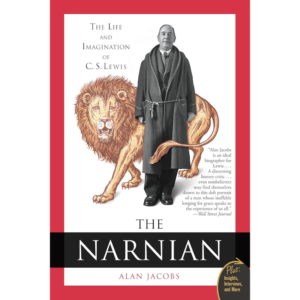
Seeking control, in white magic and The Green Book
Alan Jacobs on C. S. Lewis’s critique of the modern pursuit of god-like control
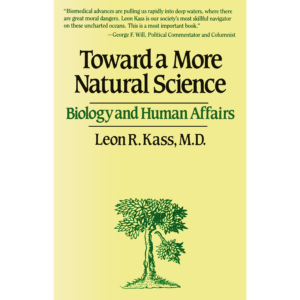
Freedom from the nature of things?
Leon Kass on the pressure exerted by the authority of science to embrace reductionistic materialism
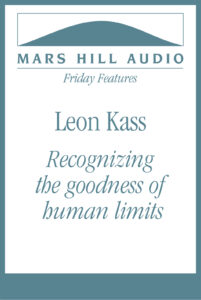
Life, liberty, and the defense of dignity
In a 2003 interview, Leon Kass discussed his book Life, Liberty, and the Defense of Dignity: The Challenge for Bioethics. The unifying theme in the book’s essays is the threat of dehumanization in one form or another. (36 minutes)
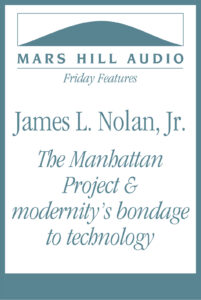
Among Oppenheimer’s company
James L. Nolan, Jr., the author of Atomic Doctors: Conscience and Complicity at the Dawn of the Nuclear Age, discusses the Manhattan Project as a case study in the dangers of technological enthusiasm outpacing wisdom and caution. (27 minutes)
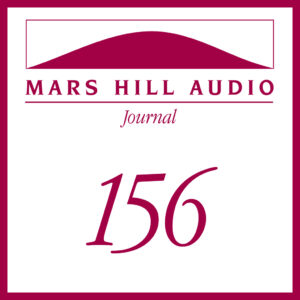
Mars Hill Audio Journal, Volume 156
FEATURED GUESTS:
Kimbell Kornu, Paul Tyson, Mark Noll, David Ney, William C. Hackett, and Marian Schwartz
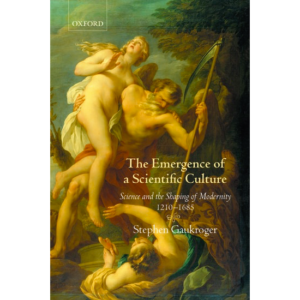
Science, the only reliable leader (but to where?)
Stephen Gaukroger on the replacement of political, social, and cultural goals with scientific, technological, and economic ones
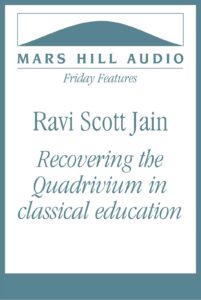
Recovering natural philosophy
Science teacher Ravi Scott Jain discusses natural philosophy, the “love of wisdom in the realm of nature,” as the overarching discipline in the sciences. (21 minutes)
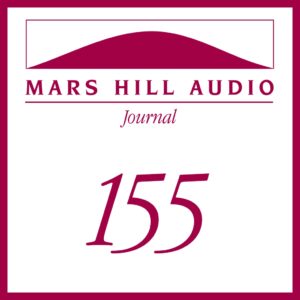
Mars Hill Audio Journal, Volume 155
FEATURED GUESTS:
Donald Kraybill, Thaddeus Kozinski, David Bentley Hart, Nigel Biggar, Ravi Scott Jain, and Jason Baxter
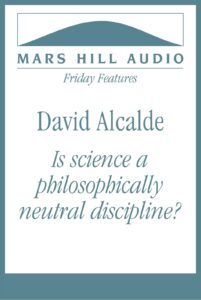
Cosmology without God
Modern science is practiced in the context of beliefs that are intrinsically metaphysical and theological, even though practitioners of science claim (and usually genuinely believe) that their disciplines are philosophically neutral. David Alcalde challenges such claims within a sub-field of astrophysics. (21 minutes)
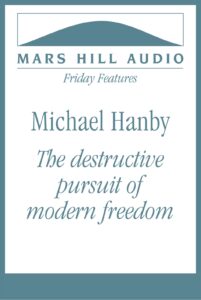
Diagnosing our political conflicts
Michael Hanby explains why the modern pursuit of freedom — obeying its founding logic — has taken such a destructive turn. (36 minutes)
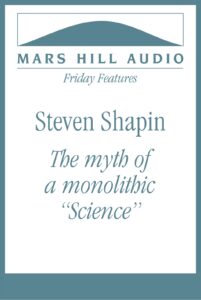
Carelessly invoking “science” in the pandemic
Historian of science Steven Shapin talks about about how the authority of “science” has been invoked by many political authorities during the pandemic, yet how scientific pursuits are deeply human endeavors. (18 minutes)

Plagues and technocratic politics
Philosopher Michael Hanby insists that responses to COVID-19 were distorted by the widespread belief that science is a monolithic source of infallible knowledge, the only reliable source of knowledge about how we should live. (38 minutes)
